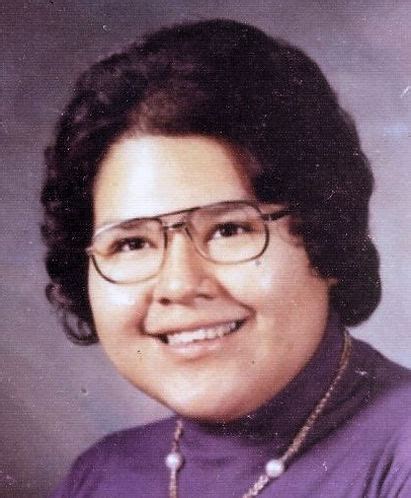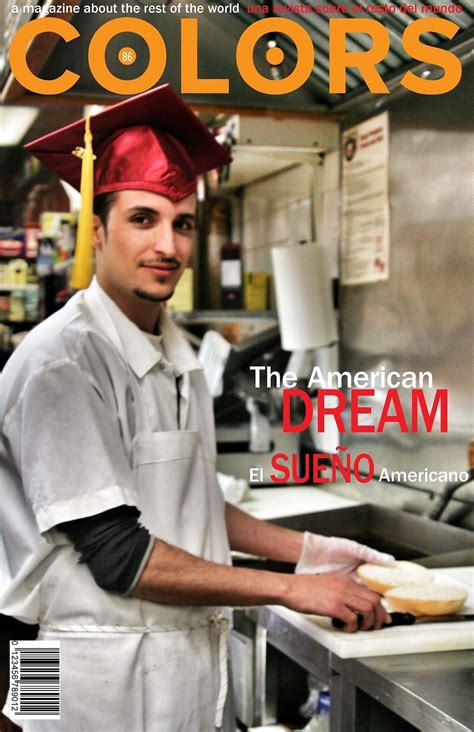A Quote by James Howard Kunstler
I am far less interested in serving as a change agent than in functioning as a prose artist, whether it's fiction or nonfiction.
Quote Topics
Related Quotes
I think, about the distinction between fiction and nonfiction. Fiction is not really about anything: it is what it is. But nonfiction - and you see this particularly with something like the BBC Samuel Johnson Prize for Non-Fiction - nonfiction we define in relation to what it's about. So, Stalingrad by Antony Beevor. It's "about" Stalingrad. Or, here's a book by Claire Tomalin: it's "about" Charles Dickens.
I'm Turkish-American; I was a freshman at Harvard in 1995 and 96. I did teach English in Hungary in the summer of 1996. I'm an autobiographical writer in the sense that whether in fiction or nonfiction, the issues and relationships and phenomena and problems I'm most interested in exploring are the ones I've experienced personally.
Inexperienced fiction and creative nonfiction writers are often told to show, not tell - to write scenes, dramatize, cut exposition, cut summary - but it can be misguided advice. Good prose almost always requires both showing and telling, scenes and summary, the two basic components of creative prose
































